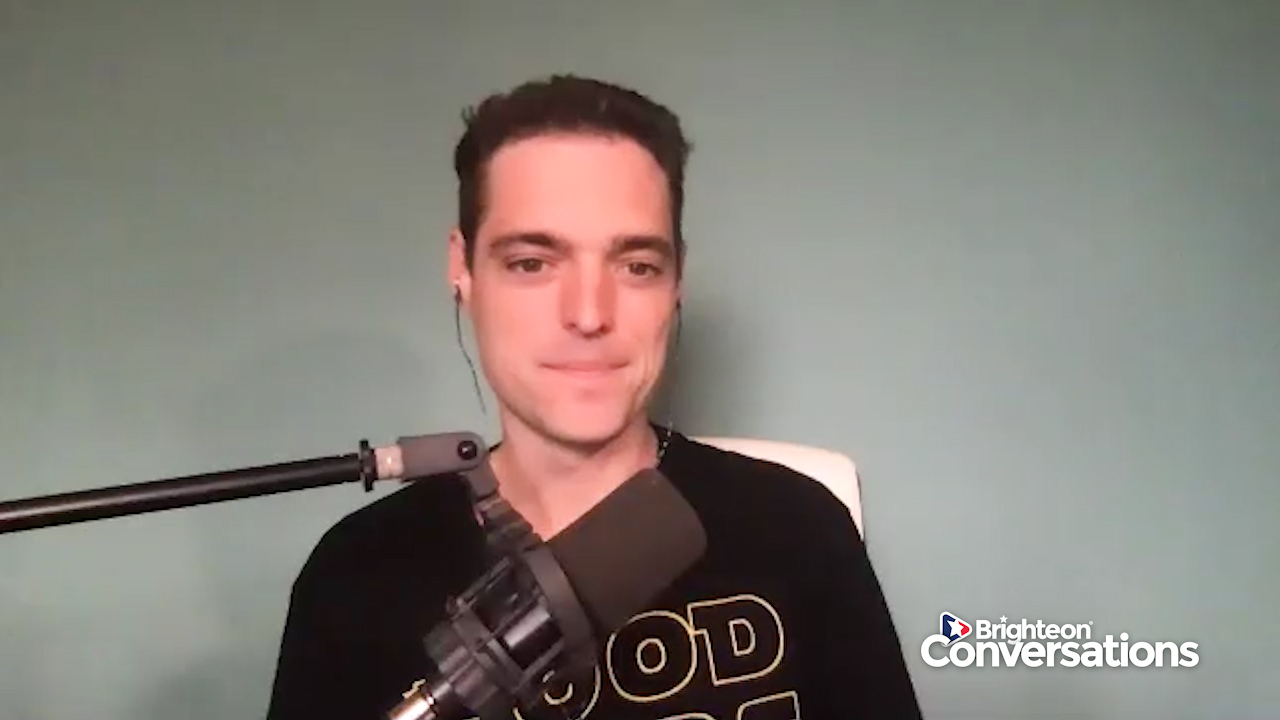Study: Link between persistent headache and back pain may be key to a shared treatment for both conditions
09/10/2020 / By Virgilio Marin

Persistent headaches may be linked to persistent lower back pain, revealed a study published in the Journal of Headache and Pain.
The study reviewed previous research and found that a person with either one of these conditions is more likely to experience both types of pain than someone without the conditions. This link could help medical scientists come up with treatment that targets both disorders, said researchers from the University of Warwick, the Royal Hollaway, University of London and the University College London.
The team added that persistent headaches and lower back pain have often been treated separately. But their study suggests that there might be some commonality between the two.
“Typically these have been looked as separate disorders and then managed by different people. But this makes you think that there might be, at least for some people, some commonality in what is causing the problem,” said co-author Martin Underwood.
Link between chronic headaches and lower back pain
It’s not unusual to have a headache or lower back pain (LBP) every now and then. But when they occur more often than not, these chronic conditions may need serious medical attention.
For headaches to be classified as chronic, a person must experience the condition for 15 days per month for more than three months. Chronic headaches may be short- or long-lasting. Long-lasting headaches last for more than four hours and include various types such as chronic migraine and tension-type headache that affects both sides of the head.
Meanwhile, chronic or persistent LBP occurs for 12 weeks or more even after treating an initial injury or some other underlying cause. Chronic LBP can emerge from an acute type — short-term pain that lasts for a few days to a few weeks. It estimated that 20 percent of all acute LBP cases will become chronic, with persistent symptoms occurring for a year.
In the study, the researchers looked at the relationship between chronic headaches and persistent LBP by examining 14 studies with a total of 460,195 participants. The participants may have had LBP day after day or chronic headaches that occur on most days for three months.
Results showed that patients experiencing one of either disorder are twice as likely to experience both conditions compared to people with neither chronic headaches or persistent LBP. The association is particularly strong for people affected by chronic migraines.
The study did not cover the mechanism behind their association but Underwood suspected that it may be related to how people react to pain. Some people may be more sensitive to both the physical causes of headaches and of LBP, leading them to be more likely to report having the disorder.
It’s also possible that the link between the two is cognitive. There might be fundamental differences in how the brain interprets pain signals across various individuals. As a result, the same amount of input in the brain may be felt differently by different people. This would suggest that there’s an underpinning biological relationship between chronic headaches and persistent LBP that could be targeted by treatment.
Modern medicine typically treats the two conditions separately. Chronic migraine is often managed by drugs while persistent back pain is rehabilitated by physical therapies, as well as psychological and cognitive-behavioral therapies. The latter involves guiding people to change how they view pain. In turn, they could improve pain management and help people feel better without the use of medications.
The researchers suggested that behavioral support systems may also help people with chronic headaches. (Related: Cognitive Behavioral Therapy for Chronic Fatigue and Fibromyalgia.)
“A joint approach would be appropriate because… [many] of the ways we approach chronic musculoskeletal pain, particularly back pain, are with supportive management [that helps] people live better with their pain,” said Underwood.
Learn more about the link between chronic headaches and lower back pain at BackPain.news.
Sources include:
Tagged Under: back pain, brain function, chronic headaches, chronic migraine, health science, pain management, pain relief, persistent lower back pain, therapies, treatment



















